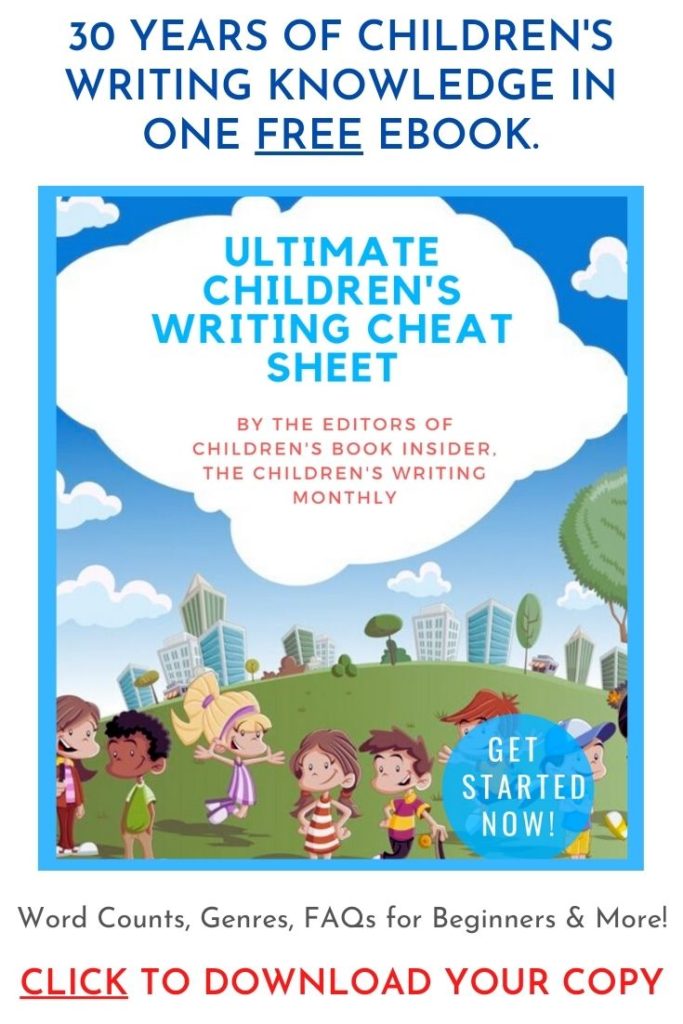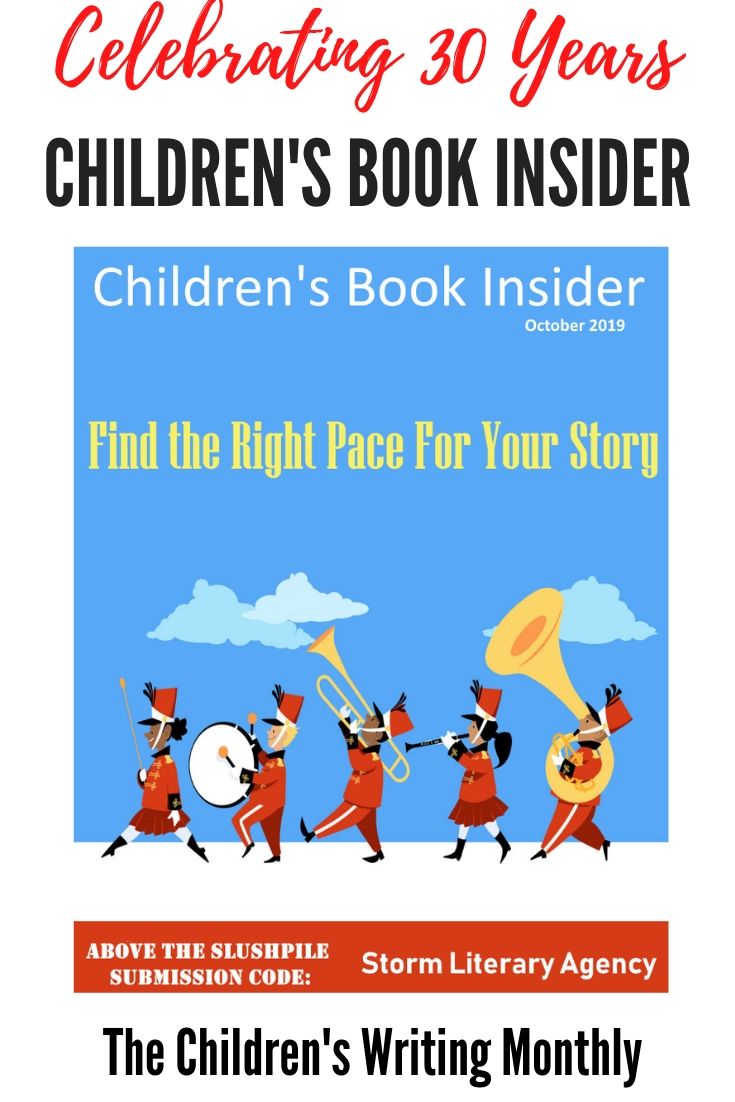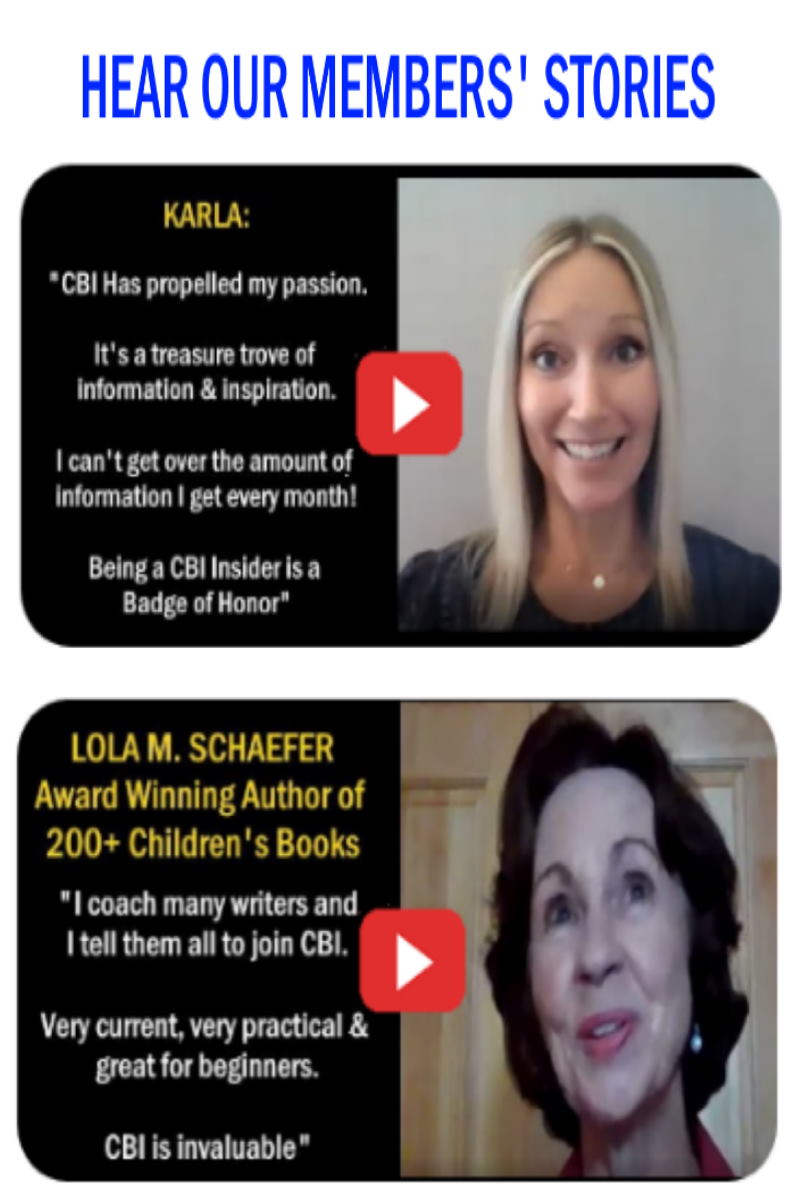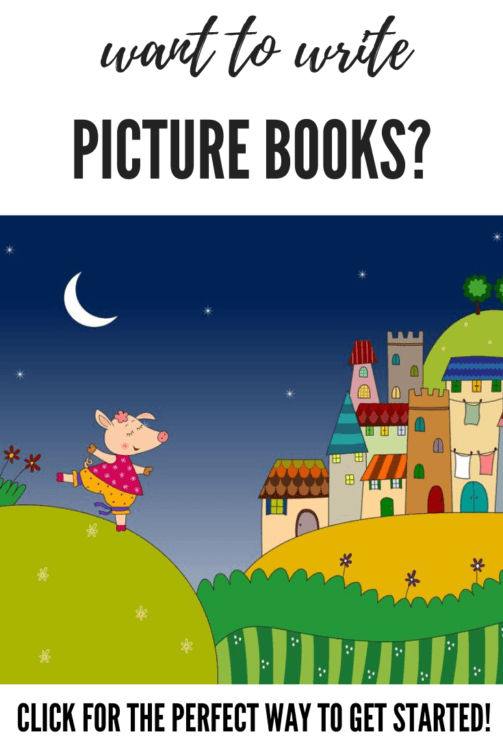
by Christina Hamlett
Have you ever wondered if the characters in your unfinished novel will ever get so tired of waiting for you to wrap up their story that they just write the rest of it themselves? Real life, alas, has a pesky way of encroaching on the time you need for honing your craft and advancing your writing career. If you’ve ever caught yourself saying, “But there aren’t enough hours in the day,” consider this article your wake-up call. You actually have all the hours you need to keep on schedule with your projects; you simply need to allocate them more efficiently.
By the Numbers
If the boss at your day-job gives you a task, there’s probably a due date attached to it. In contrast, writing is a solitary craft that often embraces a “get-to-it-when-I-get-to-it” mindset. Unless there’s a specific deadline looming with a publisher, it’s too easy to let a project slide by falling back on the excuse that your muse just isn’t cooperating with you. Well, it’s time to readjust that attitude, put on a “boss” hat and become more accountable for product delivery.
Let’s say you’re writing a 100-page children’s book and you’re set on a 4-week deadline to complete it. At a glance, you can see that in order to meet this goal you’ll need to produce 25 pages a week (5 pages per day if you take weekends off). It’s really not that much but where most writers err is in editing as they go. Do not do this. Just write. Edit when you’re all finished. If you constantly edit as you compose, you’re going to spend way too much time agonizing over the perfect first line and never get to the second one.
Another approach is to commit to writing one page a day for 3-1/2 months. Even if you have a wild spurt of creativity and write 10 pages in a single afternoon, it doesn’t let you off the hook for the next 10 days; it just means you’re that much farther ahead. We’ll still expect the mandatory one page from you tomorrow. Psychologists say it takes 21 days to incorporate a new habit into your behavior. If you steadfastly apply this to a daily writing schedule, you couldn’t not write on Day 22.
The Cliffhangers
Back when I was penning romantic suspense novels for HarperCollins, I had several female coworkers who were voracious readers. Rather than join a local critique group of writers, I found it more valuable to test-drive my material on people who represented my target audience. Every Friday afternoon, I’d distribute copies of my latest chapters. Since it was my style to end each chapter with a cliffhanger, they’d usually accost me in the break-room first thing Monday morning and demand to know what happened next. I dared not show up empty-handed.
Whether you recruit your own readers or work with writing partner(s), engaging others in your writing process is a powerful motivator to impose stick-to-itiveness. It’s like dieting. If you don’t tell anyone you’re trying to lose weight, you know you can get away with sneaking a cookie because no one is policing your eating habits and reminding you when you transgress. Once you let others in on what you’re doing, they will become a steady chorus of, “So how’s the such-and-such coming along?” If you get tired of being barraged with status queries, you have two choices: (1) see your goal through to completion or (2) move far, far away and don’t give them your phone number.
If you don’t have access to supporters to push and prod you along, the next best thing is to never end your writing day at a point where it’s too hard to restart. Finishing a scene, for instance, makes you feel less inclined to begin a new one than if you end in the middle of a line: “Oh, Jeffrey, I know it’s bad timing but there’s a—” There’s a what???? Yes, you know what “it” is and it’ll drive you crazy to have to wait a whole day to type it. Use that crazy to energize yourself. Treat your writing sessions like a timed test; when the buzzer goes off, take your hands off the keyboard. Expand your mental margins by registering at OneWord (http://www.oneword.com), a fun site that gives you 60 seconds to submit the first thing that pops into your head.
The Competitive Edge
Contest deadlines wait for no one. Some of them, in fact, even offer early-bird discounts. In an uncertain economy, who wouldn’t want to save some money? Contests not only push you to meet/beat a deadline – and sometimes even receive feedback – but placement in the most prestigious ones’ top tier can also open doors to representation, publication and production. Here are a few to get you started:
Screenwriting
Fiction/Nonfiction/Scripts
- http://nanowrimo.org
- http://www.writersdigest.com/competitions/writing-competitions
- http://www.southwestwriters.com/contest/sww-annual-international-writing-contest
- http://www.pioneerdrama.com/Playwrights/Contest.asp
Finding the 25th Hour
Could your writing schedule use an extra hour? Of course it could, but to paraphrase Captain Jack Sparrow from Pirates of the Caribbean, “The Isla de More Time cannot be found except by those who already know where it is.” If you want to keep to a code of high productivity, it starts with aggressive decluttering. For a single day, record exactly how much time you spend checking email, surfing the Internet, reading TMZ gossip, looking for lost notes, playing computer games. Yikes! Who’d have imagined how it all adds up!
If you live with others, how often do they interrupt and derail your train of thought? Writing is your job. Insist on respect.
Learn keyboard shortcuts to save typing time
Consolidate or delegate your errand-running.
Identify your most productive writing zone and consistently stick to it.
Remove distractions from your workspace.
Get up earlier; go to bed later.
Invest in electronic programs such as NewNovelist.com, StoryCraft, Quick Story, Writer’s Café, Writer’s Blocks as well as voice recognition software. For aspiring screenwriters, a software program such as Final Draft not only puts all of the elements in the right place but saves valuable time trying to set industry standard margins and dialogue blocks manually in Word.
Use rewards – a spa day, chocolate, new shoes – to stay motivated. (Didn’t you always do your homework faster when you knew you could go play afterwards?)
Set goals related to word/page output rather than “x” amount of time physically spent in front of your monitor. Some people can turn out one page in ten minutes while others struggle with that same page for an entire hour. Committing to sit at your computer for an hour everyday doesn’t mean anything if the maximum you compose is half a sentence.
Inspired? Great! Now go get back to your characters. Rumor has it that they’ve missed you.
RESOURCES
Books
168 Hours: You Have More Time Than You Think by Laura Vanderkam
A Writer’s Time: Making the Time to Write by Kenneth Atchity
The Coffee Break Screenwriter: Writing Your Script Ten Minutes at a Time by Pilar Alessandra
Time Management Master: How To Become More Efficient and Accomplish Everything You
Want In Less Time You Ever Thought Possible by Vanessa Pagan
10 Minute Time Management: The Stress-Free Guide to Getting Stuff Done by Ric Thompson
The 7 Secrets of the Prolific: The Definitive Guide to Overcoming Procrastination, Perfectionism, and Writer’s Block by Hillary Rettig
Avoid Social Media Time Suck: A Blueprint for Writers to Create Online Buzz for Their Books and Still Have Time to Write by Frances Caballo
Business For Authors: How To Be An Author Entrepreneur by Joanna Penn
Articles
15 Time Management Tips for Writers
Christina Hamlett is a media relations expert and award-winning author whose credits to date include 30 books, 156 stage plays, 5 optioned feature films, and hundreds of articles and interviews that appear online and in national/international trade publications. In addition, she is a script consultant for the film industry (which means she stops lots of really bad movies from coming to theaters near you) and a professional ghostwriter (which does not mean she talks to ghosts). See Christina’s posts How to Write Plays Children Will Love and Building the Perfect Monster, Bogeyman, and Other Creatures that Go Bump in the Night.
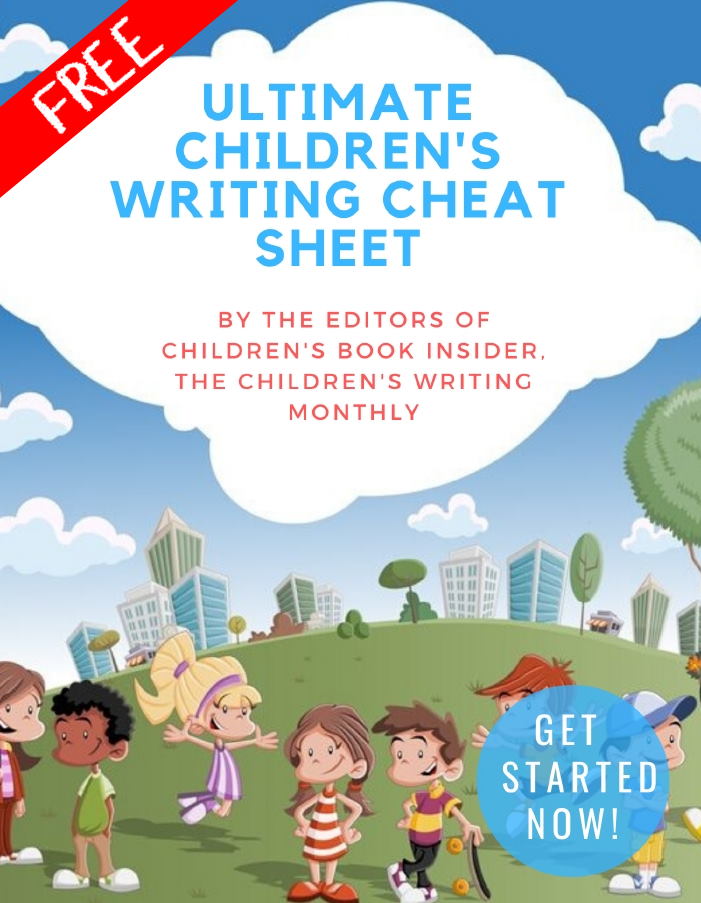
✏ Word Counts & Age Groups for Every Kidlit Category
✏ FAQs, Glossaries and Reading Lists
✏ Category-specific Tips, from Picture Books Through Young Adult Novels
✏ 5 Easy Ways to Improve Your Manuscript
✏ Writing For Magazines …and more!
This is a gift from the editors of Children’s Book Insider, and there’s no cost or obligation of any kind.
We will never spam you or share your personal information with anyone. Promise!
